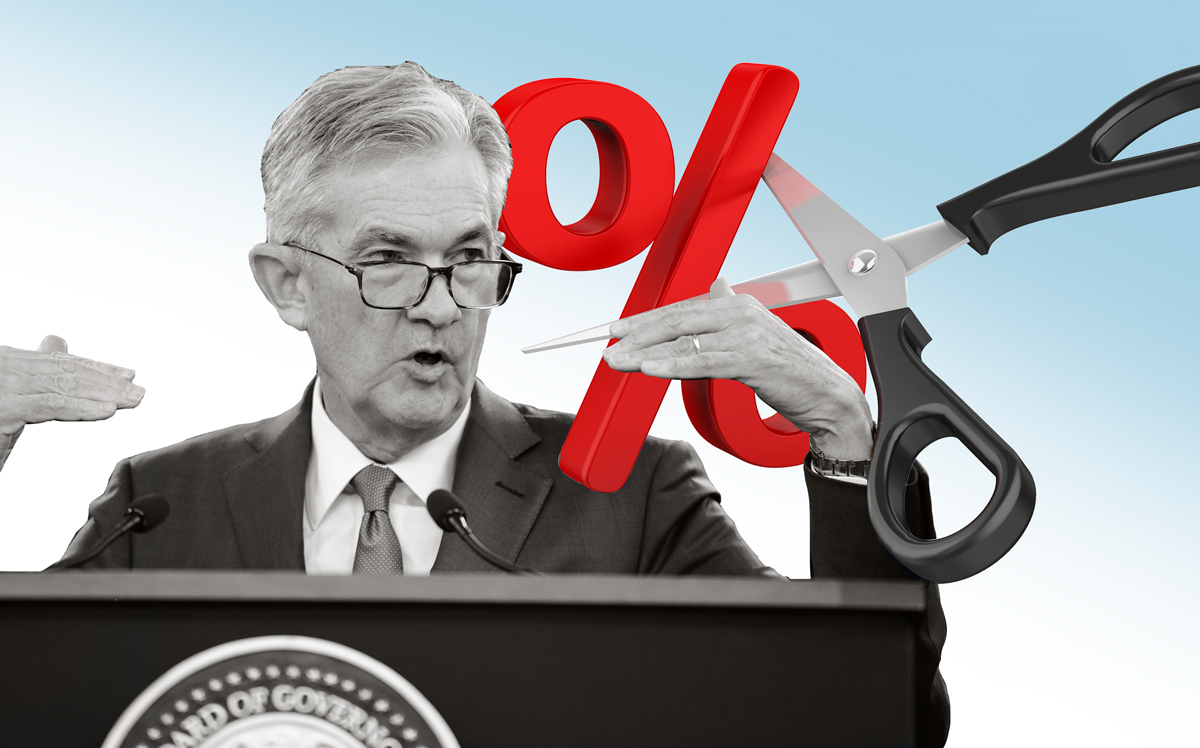Trump Renews Attack on Fed Chair, Calls for Immediate Rate Cuts
18.05.2025 8:00 1 min. read Alexander Stefanov
U.S. President Donald Trump has reignited criticism of Federal Reserve policy, calling for swift interest rate reductions and casting doubt on Fed Chair Jerome Powell’s ability to handle the process.
Speaking in recent remarks, Trump claimed there is near-universal agreement that rates should be lowered, citing economic headwinds and growing pressure from both markets and the public. But he warned that Powell—whom he mockingly referred to as “Too Late Powell”—is likely to mishandle the timing, just as he had done in past cycles.
Trump has maintained a longstanding feud with the central bank chief, previously stating that Powell should be “removed from office immediately.”
Although he briefly toned down his rhetoric during a period of market volatility in April, the president has once again turned up the heat, this time following the Fed’s decision to hold rates steady.
In a separate but equally attention-grabbing announcement, Trump revealed plans to hold a direct conversation with Russian President Vladimir Putin. He said the call will be followed by discussions with Ukrainian leader Volodymyr Zelenskyy, as well as upcoming meetings with several NATO representatives.
The remarks come amid speculation about Trump’s foreign policy direction and his views on global conflict resolution as he attempts to reclaim political momentum ahead of the next election cycle.
-
1
U.S. PCE Inflation Rises for First Time Since February, Fed Rate Cut Likely Delayed
27.06.2025 18:00 1 min. read -
2
Key U.S. Economic Events to Watch Next Week
06.07.2025 19:00 2 min. read -
3
Gold Beats U.S. Stock Market Over 25 Years, Even With Dividends Included
13.07.2025 15:00 1 min. read -
4
U.S. Announces Sweeping New Tariffs on 30+ Countries
12.07.2025 16:30 2 min. read -
5
US Inflation Heats Up in June, Fueling Uncertainty Around Fed Cuts
15.07.2025 16:15 2 min. read
US Inflation Heats Up in June, Fueling Uncertainty Around Fed Cuts
U.S. inflation accelerated in June, dealing a potential setback to expectations of imminent Federal Reserve rate cuts.
Gold Beats U.S. Stock Market Over 25 Years, Even With Dividends Included
In a surprising long-term performance shift, gold has officially outpaced the U.S. stock market over the past 25 years—dividends included.
U.S. Announces Sweeping New Tariffs on 30+ Countries
The United States has rolled out a broad set of new import tariffs this week, targeting over 30 countries and economic blocs in a sharp escalation of its trade protection measures, according to list from WatcherGuru.
Key U.S. Economic Events to Watch Next Week
After a week of record-setting gains in U.S. markets, investors are shifting focus to a quieter yet crucial stretch of macroeconomic developments.
-
1
U.S. PCE Inflation Rises for First Time Since February, Fed Rate Cut Likely Delayed
27.06.2025 18:00 1 min. read -
2
Key U.S. Economic Events to Watch Next Week
06.07.2025 19:00 2 min. read -
3
Gold Beats U.S. Stock Market Over 25 Years, Even With Dividends Included
13.07.2025 15:00 1 min. read -
4
U.S. Announces Sweeping New Tariffs on 30+ Countries
12.07.2025 16:30 2 min. read -
5
US Inflation Heats Up in June, Fueling Uncertainty Around Fed Cuts
15.07.2025 16:15 2 min. read


